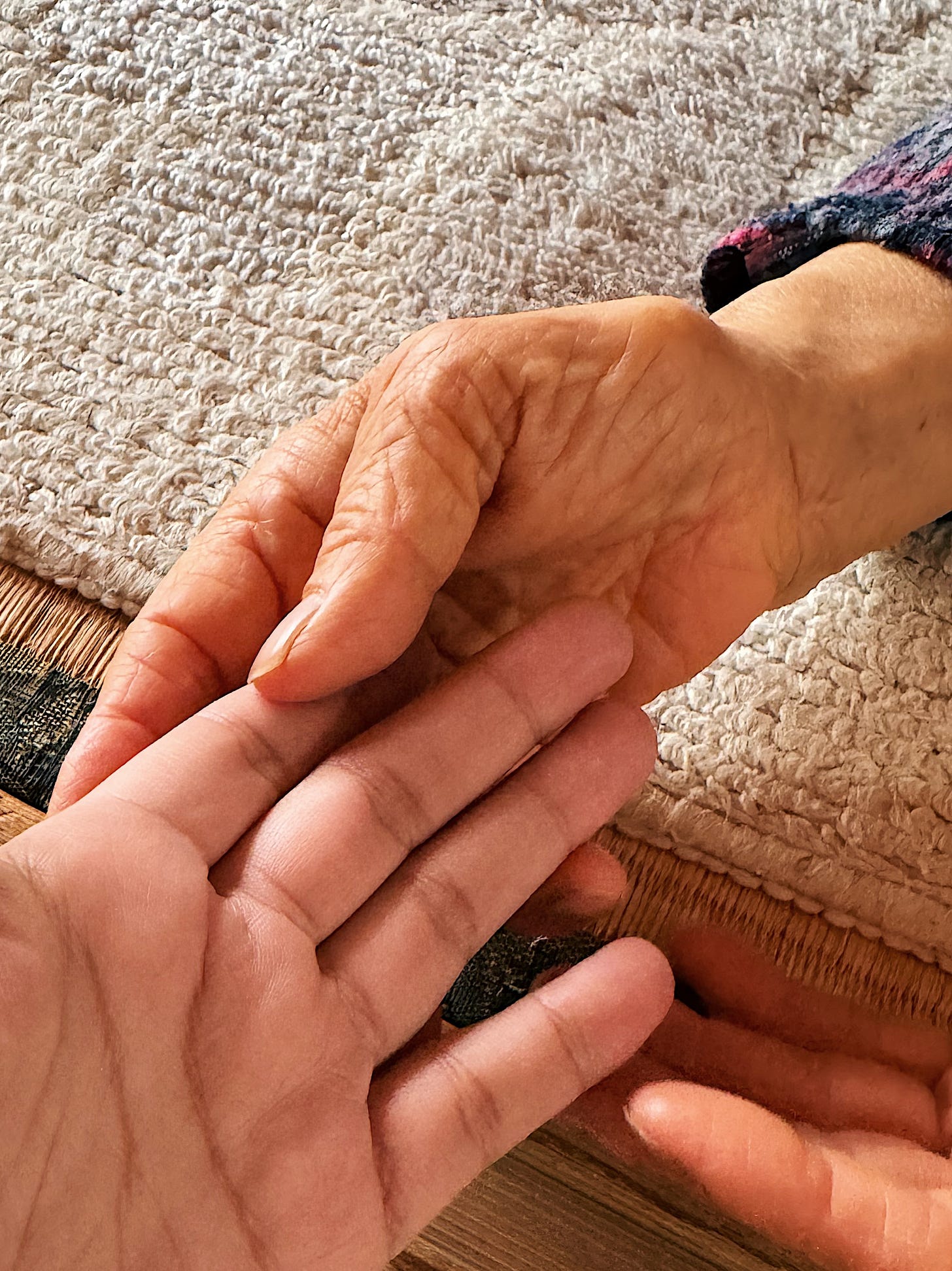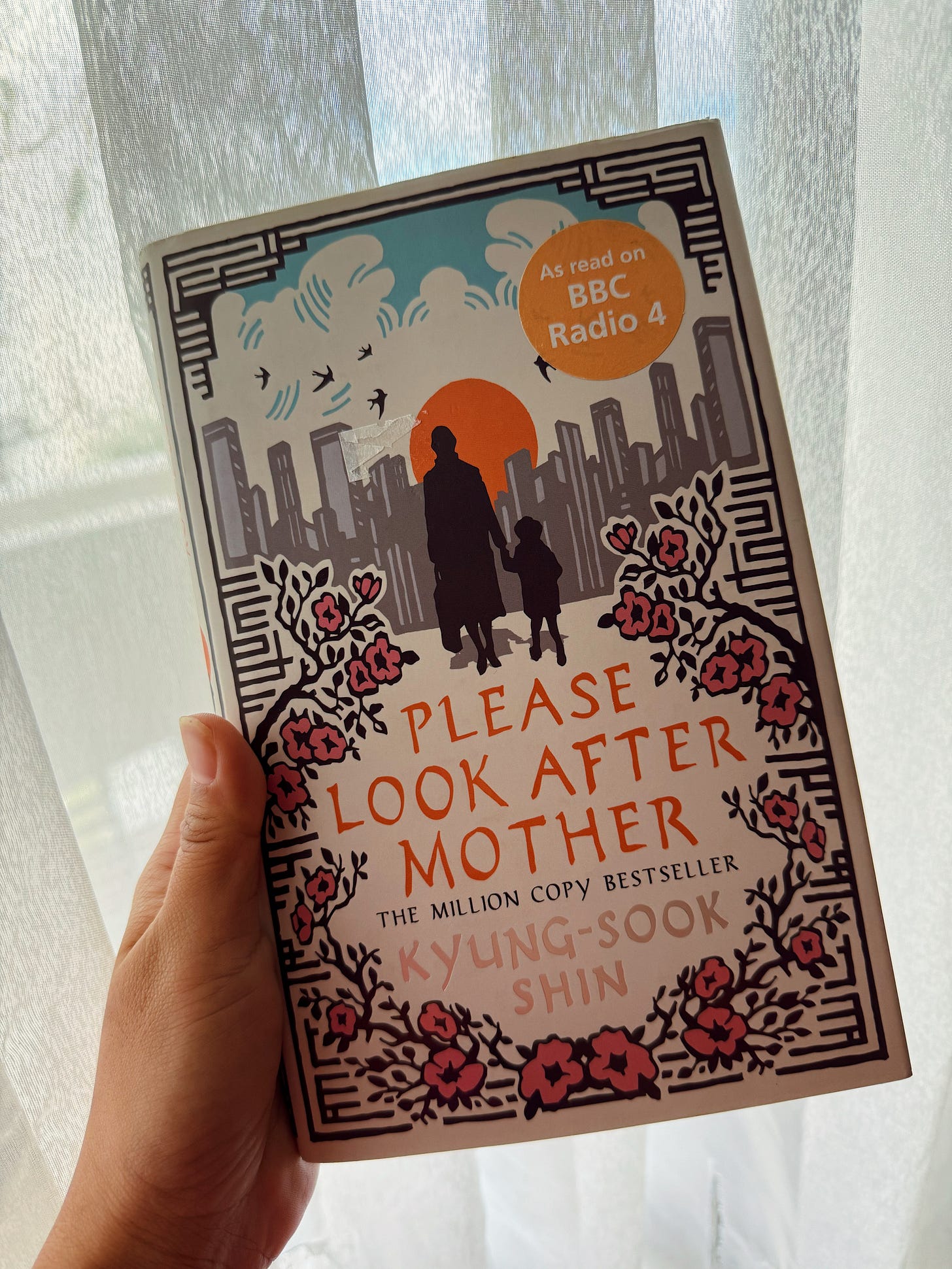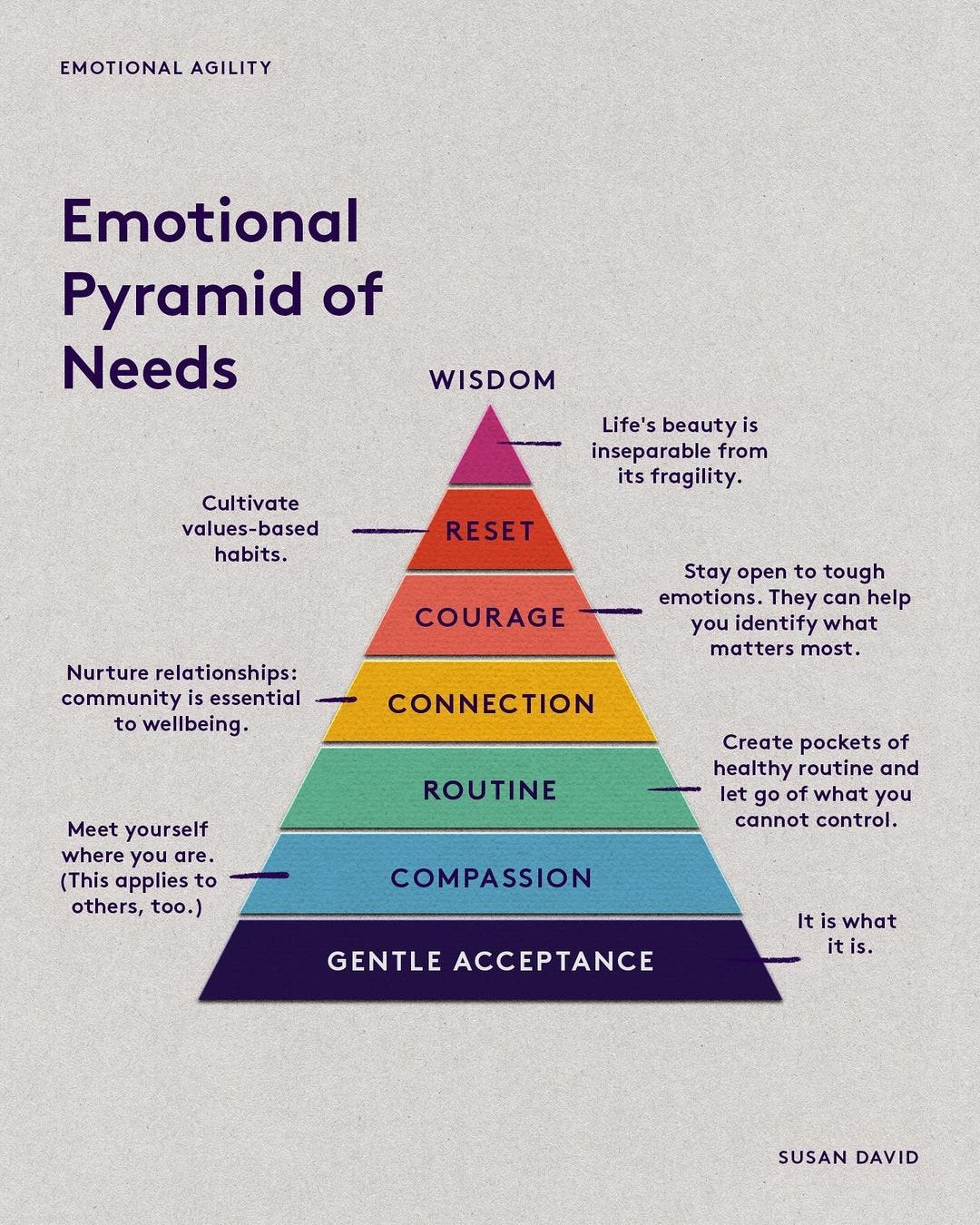Issue 37: Give Grandma a Hug 🤗
A sweet dedication to the matriarch in our lives
Hi Friends!
We hope everyone is having a great Sunday so far! Last week was National Grandma Day, and we thought it would be the perfect time to honor the matriarch in our lives. Akina just got back from celebrating the New Year with her obachan, where they made traditional mochi soup and visited the temples. This week, we have some personal pieces written by Marissa, Sylvia, and Megan, that we hope will bring some warmth like a cup of arroz caldo.
Until then, see you guys next week!
Marissa & Akina
Letters From My Grandma
Essay by Marissa
Since I can remember, my Grandma (from my dad's side) would send me a birthday card and a crisp $20 bill wrapped in carbon paper. When I was old enough to write and construct sentences, my dad told me to write her a thank you letter. I happily obliged and while I can't recall exactly what 8-year-old Marissa said, I was thrilled to fold the letter, lick the envelope closed, stamp it, and place it in the mailbox for the mailman to take the next day.
Grandma lived with my Auntie and her family in California, and I always felt a bit jealous that I didn't have a Grandma at home like all my friends did. The following week, I received a letter from her, and our pen-pal relationship blossomed.
With each written line, we grew closer.
Grandma wasn't just a matriarch; she was also a skilled seamstress. Her hands, always moving, were a blur of activity, stitching, mending, and creating. Despite my inability to speak in her native tongue, her hands spoke a language of love and resilience, piecing together not just fabrics but the very lives of her children. Her dedication to her craft was not just a means of livelihood; it was an act of love, a way to provide for her family while instilling in them the values of hard work and creativity.
She passed away in 2009 at age 95. I kept the last letter she ever wrote to me before her health started to dwindle, and she asked why I stopped writing. I regret that it came to that, and I wish I had kept all my letters from her. But she's with me daily, and I often think of her. I can only imagine the strength she carried, having to raise seven kids in the Philippines when her husband, my grandpa, died of a heart attack when my dad was only 13 years old.
In the next section, we feature a poem by Sylvia Lizama, titled "I Kannai-ña" which means Her Hands in CHamorro. As I read the poem, with each of Sylvia's words resonating deeply, I fondly reflect on my grandmother. The poem speaks of the hands of a grandmother as symbols of strength, used to teach, pray, and hold together a family. Much like the hands described in the poem, her hands were not just tools for sewing – they were instruments of love, guidance, and unwavering strength. In her hands, threads intertwined, much like the stories and lessons she passed down.
These memories and the vivid imagery of Sylvia's poem paint a picture of grandmothers everywhere who, with their hands, weave wisdom and love into our lives. Their hands may vary in appearance and craft, but they all share a common thread – the unyielding strength to nurture, teach, and love. As I cherish my grandmother's memory, I realize that her legacy lives on, not just in my heart but in the very fabric of who I am.
In the words of someone wise, "Grandmothers are experienced mothers with a lot more patience." This quote is what grandmothers truly represent. They bring the wisdom of experience and the gentleness of time to the task of nurturing the next generation. And as I look back on the time spent with my own grandmother, I see the truth in these words.
I Kannai-ña
Published in Storyboard 11 by Sylvia Lizama
Her hands, i kannai-ña
teach respect –
To keep my mouth, i pachot-hu,
shut in church during
prayer.
Her hands, i kannai-ña,
guide direction
when my feet, i patås-hu,
shuffle quick over
road.
Her hands, i kannai-ña
cradle thoughts
when my love, i guaiyå-hu,
drives bold with
intention.
Her hands, i kannai-ña
shield and hold
me, i hagå-na, close –
when her fear, i kinibåtde-ña,
prevails.
Her hands, i kannai-hu,
will fold and pause
my prayer, i orasion-hu,
when she, i nanå-hu,
tires.
🇬🇺 This Week's Word: LECHE
The beauty of language is that a single word can have the depth of multiple meanings. Our platform is about embracing and celebrating the cultures of our Asian and Pacific Islander communities.
Kicking off our word series with our first word, and of course, it's leche 😆
Leche (CHamoru) means milk, but in our CHamoru, we often use it as an expression. Think – damn, gee, no wayyyyyyyyy!
Shoutout to one Megan S. for sharing a memory with us!
“And you know what she did next? Nothing. Not a thing about it,” Grandma talks a big game at the kitchen table late into the Sunday night. “So typical of that one.”
“Lecheeeee!” I emphasize to Grandma. Her eyebrows say I-know-right, even though her response is that of a scolding because only the adults (adult grandchildren not included) can talk about the people I pretend to know about.
“Why don’t you get the leche in the fridge so I can take my medicine,” she pushes me away with a “please” so that the adults can continue to talk even though I can hear them from a few feet away. I take my seat next to her and watch her swallow her two little pills, one big one, and a vitamin with a glass of 2% milk. She continues with her banter, this time about another person I pretend to know about too.
“How did that happen?” Her eyes dart towards me and squint.
“Embilikera hao.” For a biha, she is quick with her hands, but I am quicker, especially since I know her signature move–the tilik.
“Lecheeee ten, Grandma!” I rub my ear. I joke. She is much quicker than me. Stronger. Maybe. We laugh, she continues to talk, and I continue to listen.
📖 Read with Us: Please Look After Mother by Kyung-sook Shin
While in Japan, Akina picked up this novel at a used bookstore. Read along with us!
💭 Synopsis on Goodreads:
When sixty-nine year old So-nyo is separated from her husband among the crowds of the Seoul subway station, and vanishes, their children are consumed with loud recriminations, and are awash in sorrow and guilt.
As they argue over the "Missing" flyers they are posting throughout the city - how large of a reward to offer, the best way to phrase the text - they realize that none of them have a recent photograph of Mom. Soon a larger question emerges: do they really know the woman they called Mom?
Told by the alternating voices of Mom's daughter, son, her husband and, in the shattering conclusion, by Mom herself, the novel pieces together, Rashomon-style, a life that appears ordinary but is anything but.
Week to Weekend Round-up of Fun Things We Found on the Interwebs
Wash your towels with 1.5 cups of vinegar and other tips by grandma.
Take a break and make some interactive art.
The pyramid we didn’t know we needed by Dr. Susan David
Sugar cookies. Yes. Sourdough Sugar Cookies. Sure, why not?
Ever wondered what candy came out the year you were born? Delish made a list.
Simple tips on detoxing.
This platform is a global love letter writing company and sends these love letters to someone who needs it.
A beautiful newsletter by Human Stuff – read if you ever wondered “how do I keep going?”
What’s the color of your aura? Here’s how to find out.
Check out these cool street art cities. Type in a city and start exploring.
Have a Good One!
Thanks for being here! 😉 Follow us on IG, and don’t forget to subscribe for more weekly goodies.








Great. Now I know two words when I visit Japan. 🤓 better than nothing, right? 🤷🏻♀️
Oh that’s great! I’m learning something new every day. What’s the word for grandfather then? And do you use that same word for uncle/anyone who is an older male?